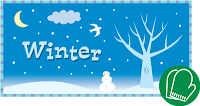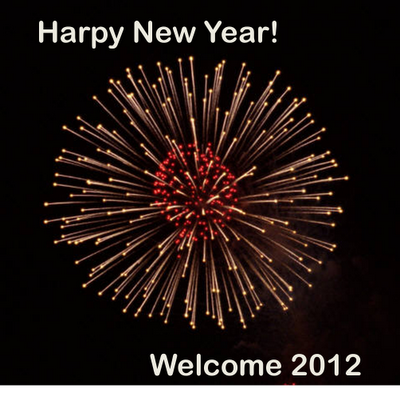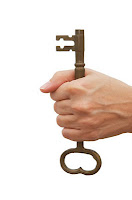I spend a lot of time on this blog exhorting you to set goals, make plans, and do other things to help you become a better musician. But sometimes, it can be challenging to get motivated to do these things. Especially because they are hard work! Or you might just be stuck. Maybe it seems like a big undoable task. Maybe you don’t know where or how to begin. Or maybe your goals are lofty and you’re not sure how you’re going to get there. Maybe a tool would help you to focus on what you’re trying to do and to find a path to get there.

One way to get going is to start by building an Inspiration Board. This is a tool to help creative people be more creative. And it is just as good to help busy people be creative, or to help people who don’t think they are creative to be creative. It is a way to collect the things that inspire you in one place so you can be reminded what your goals are and possibly see linkages between ideas you have. I stole this idea from the home decorating shows on television (yes, all that good information and all I learned was inspiration boards can be very helpful!)
If you check on line there are plenty of ways to make this complicated. But I would suggest something simple. First, use a means that works for you. Many people make a collage from photos that represent things they want to achieve. I have a three ring binder that I filled with sheet protectors (the kind you use to put music into binders) and with both lined paper and manuscript paper. I collect articles, photos, bits of TAB or musical notation, quotes, and other stuff I have found. I just stick them in the binder. You can actually set up a bulletin board or make an on-line collage, or put things into a box. The form is irrelevant – it’s the function that is important. Collect things that give you ideas and put them somewhere that you actually look at them – so you can gain inspiration – and generate more ideas!
Your inspiration board is for you. You can share it (as many online sights push) if you like, but you don’t have to – you can keep it where only you can see it. It’s your board, and your inspiration – you can do as you wish with it. Its also important to remember that the board is a tool – just like a tuning key. It can be helpful but it is just there to help, not to become a new vocation. So put as much (or as little) into it as you need to identify what inspires you – and build your goals for the coming year from that inspiration. Use the collection, not only to identify your goals, but also to document them so you can refer to them in later months (when the January clarity has dimmed). And enjoy looking at your goals and inspirations in a new way!














